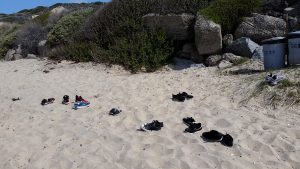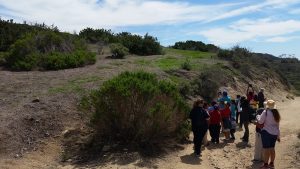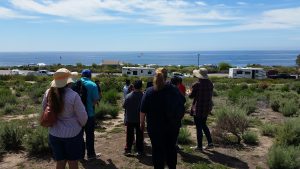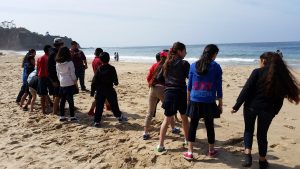For Project CRYSTAL, Crystal Cove Alliance educators and UC Irvine researchers have designed a program that engages fourth, fifth, and sixth graders in authentic research experiences at Crystal Cove State Park. This signature program will be a model for other STEM programs. It addresses timely and local climate change issues, such as the drought that is currently affecting our local communities.
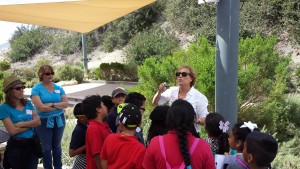
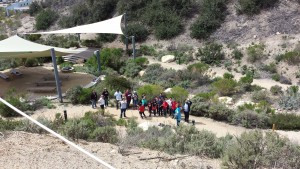
In its first phase, the program involves approximately 70 fourth-sixth graders from the Santa Ana Unified School District during the 2015-2016 school year. In addition, 12 UCI undergraduate students have been trained to implement the program and to collect and analyze formative evaluation data. The program builds on an existing partnership between the UCI School of Education (Associate Professor Rossella Santagata), UCI School of Biological Sciences (Professor Travis Huxman and Research Scientist Sarah Kimball), and the Crystal Cove Alliance (Director of Education Sara Ludovise & Education Manager Holly Fletcher) and on pilot work conducted by the UCI Center for Environmental Biology (Education and Outreach Coordinator Jennifer Long).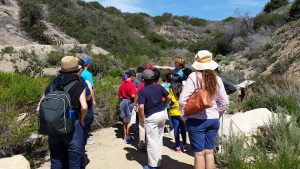
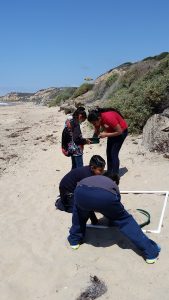
Project Goals
1. Educate future citizens so that they are capable of navigating complex scientific concerns, understanding complex environmental issues, and acting in ways that maintain and protect Earth’s life-supporting ecological systems.
2. Develop a model for designing and implementing high quality STEM learning experiences at Crystal Cove State Park.
3. Develop and test curriculum materials for engaging 4th-6th-grade students in learning about the water cycle and water conservation through a combination of classroom lessons, field trip activities, citizens’ science experiences, and scientific presentations.
4. Enhance youth’s understanding of the water cycle and develop their systems thinking competencies, science learner identity, and college aspirations.
5. Allow undergraduate students to increase their understanding of informal science learning through teaching approaches that foster youth’s motivation to engage in science learning.
